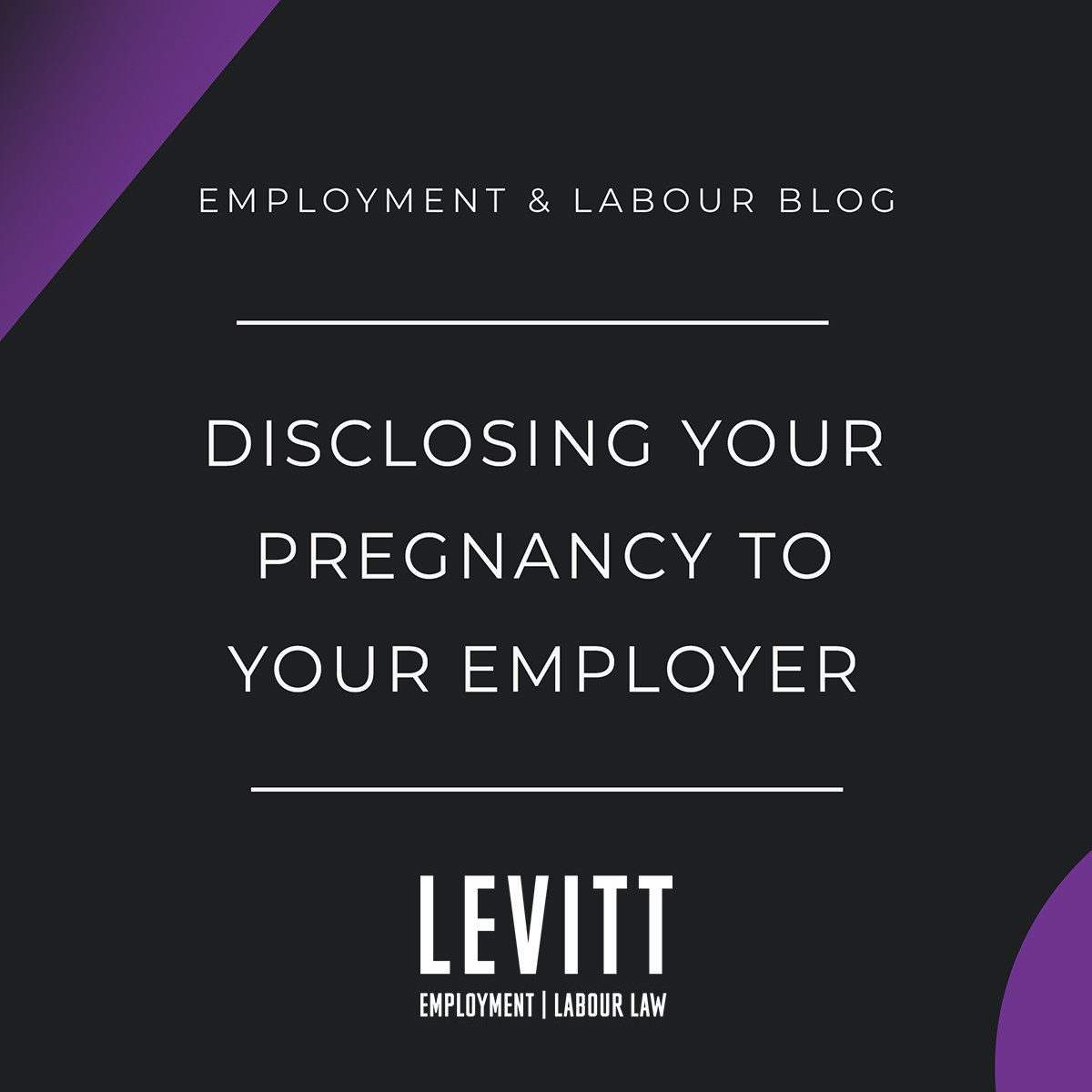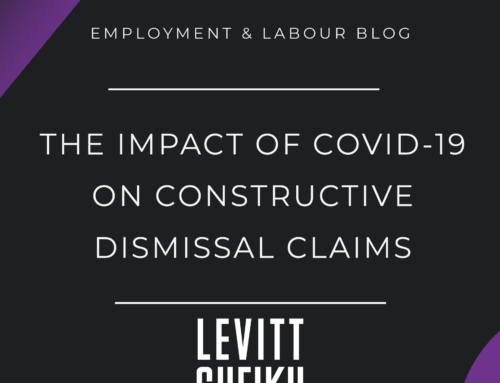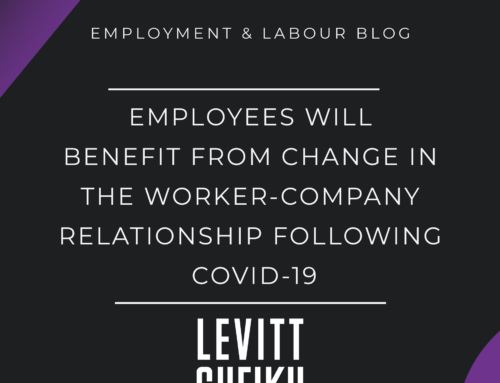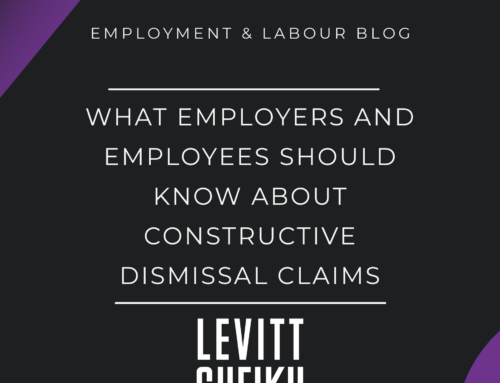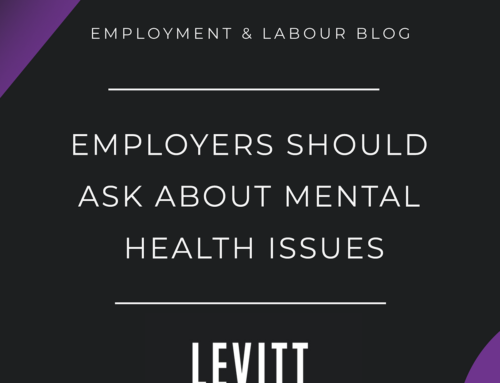Recently, I was reminded of a common worry young women have when applying for a new position. A client, about to fly to the West Coast to interview for a C-Suite role, asked me: “Can I remove my wedding band for the interview?” This 30-something executive was worried the odds would be stacked against her if the prospective employer caught even a whiff she may become pregnant.
Employees are not required to disclose information relating to pregnancy, family or marital status, either to a current employer or during job interviews. If an employer denies a prospective employee a job or terminates an employee as a result of pregnancy, it will be liable to pay damages pursuant to human rights codes, let alone prospective punitive and other damages in a case.
Andrea Szabo was hired by Cindy Dayman in June 2012 to perform household cleaning tasks for various clients. Szabo became pregnant soon after being hired but concealed it from her employer. Between September and November, she asked to leave work early to attend routine monthly medical examinations related to her pregnancy, only telling her employer the appointments were medical. Dayman accommodated Szabo’s requests in September and October. After notifying Dayman about the absences requested for November 2012, Szabo was asked to complete a form that asked questions related to her health, including whether she was pregnant. Only then did she admit to it.
She was fired almost immediately. Dayman cited a negative performance review and poor performance, including Szabo’s aggressive and uncooperative attitude, a customer complaint and her inconsistent schedule.
The Manitoba Human Rights Commission paid that little heed, finding Szabo was discriminated against on the basis of sex. The commission awarded her $5,000.
Despite this and similar decisions, the practical implications of pregnancy remains. And the law of unintended consequences prevails such that, in an era where employers routinely vet employees with Internet searches, this, now public, decision may well impede, seemingly litigious Szabo’s re-employment efforts.
Here are some practical tips for pregnant women in the workplace:
Consider disclosing your pregnancy early Employers have a duty to accommodate pregnancies provided they have knowledge of it. The earlier you disclose your pregnancy, the more time both you and your employer have to create a strategy to manage workload, medical appointments and plan for your maternity leave. It is a little like a union organizing drive. It is much easier to bring an unfair labour practice claim by a dismissed employee if they disclosed they were signing up cards than if they concealed it and then asked the labour board to intuit that the employer knew after they were fired.
If interviewing for a promotion, attend with a plan Starting a new position during a pregnancy will be interrupted by maternity leave, no matter how brief. Come to an interview equipped with a plan to manage the challenges of the new role before and after your maternity leave;
Determine the length of your leave and stick to it Give your employer a concrete time line that you plan to stick to. Underestimating how much time you may need can leave your employer in the lurch. Employers appreciate certainty.
Work with your employer on the hand-over Engage your employer and your replacement prior to your maternity leave. Set clear expectations, manageable goals and instructions for the employee(s) assigned to your workload to ensure your leave is as seamless as possible.

